What are carbohydrates?
Carbohydrates, in scientific terms, are molecules made of carbon, hydrogen and oxygen atoms; this is where they get their name. For nutrition, carbohydrates are one of the three macronutrients, with the other two being protein and fat. Carbohydrates is the term used to encompass sugars, starches and fibers.
Sugars: glucose, fructose and sucrose are three sugars you might have heard of. Glucose is found in high quantities in foods such as honey, dried fruits and bananas. Fructose, as the name might suggest, is usually found in fruits.
Starches: starches are just long chains of glucose which are broken down in the digestive system into glucose for use by the body.
Fiber: fiber is indigestible and helps clear your body out. The fact that it stays together through the digestive system is the main reason it helps your bowel movements. There are two types of fiber: soluble and insoluble. Soluble mixes with water whereas insoluble doesn’t. It is the only form of carbohydrate which does not directly provide energy. However, it does provide healthy bacteria for the digestive system.
Carbohydrates are predominantly used by the body for energy. They are usually broken down into glucose, though they can also be turned into fat for stored energy. Per gram, carbohydrates provide 4 calories. This is the same as protein but nowhere near the amount in fat which is 9 kcal per gram.
Where are they found?
Carbohydrates are found in cereals, fruits, vegetables and most man-made sweet products. Food items such as potatoes, rice, spaghetti, bread, bananas, apples, oats and sweets are all examples of high-carbohydrate foods. Obviously, some of these provide more health benefits than others.
What are the best sources of carbohydrates?
Unfortunately, not all carbs are created equal. Different foods contain different types of carbs in different amounts, each with their own advantages and disadvantages. Here are some of the more nutritionally advantageous carbohydrate sources:
[mk_custom_list style=”f058″ icon_color=”#00c8d7″ margin_bottom=”30″ align=”none”]
- Potatoes (white and sweet)
- Beans
- Vegetables
- Fruit
- Whole grain products
[/mk_custom_list]
You can also separate carbohydrates into two groups: simple and complex. Simple carbohydrates are easily digested and spike insulin levels. Examples are low-fiber fruits (grapes, watermelon etc.), honey, syrup, fruit juice and sugar. Complex carbohydrates take a lot longer to digest and usually contain a lot more fibre. Examples of complex carbs are vegetables, oatmeal, beans, brown rice and potatoes.
If you’re ever stuck deciding between which carbohydrate to eat, go with the more natural option. Eating too much refined sugar and processed products can be extremely damaging to your health. Especially as these tend to contain a high amount of simple carbohydrates which can spike insulin levels and lead to diabetes. These simple carbs are obviously not to be completely ruled out. You can still enjoy them in moderation, but the majority of your diet should come from whole, natural foods. These will be better for your gut, brain and performance.
What is water used for in the body?
The body needs water for almost every function. Cells, organs and tissues all need water to help regulate body temperature as well as other functions. By keeping your body hydrated, you make sure that your brain, blood and bones are all in good condition. It even helps to protect the spinal cord and joints by acting as a cushion.
Your body is made of roughly 60% water. We lose water through breath, sweat and digestion which is why we need to top ourselves up by drinking.
How much water should I drink?
The amount of water you need as an individual will depend on your climate, activity levels and health. Those who live in hotter climates, exercise more or are ill will need to drink more. However, the recommended amount for the average person is 35ml/kg. So, an 80 kg individual would need around 2800 ml or 2.8 l per day. This works out to between 5 and 6 500 ml glasses. A good way to keep on top of this is to make sure you have a drink with and between every meal. If you had 3 meals a day, you would then have 6 glasses of water. There are different opinions whether to include coffees, teas, juices and other beverages in this amount. I would suggest that you use mainly water.
What happens when you’re dehydrated?
A dehydrated body means having dry lips, eyes, nose and skin. All of which are extremely uncomfortable. Also, if you don’t drink enough water, then you’re at a high risk of becoming constipated. Water helps soften your stool and therefore aids excretion. The kidneys, intestines and liver need water in order to get rid of waste. If you’re constipated and do not drink enough fluids, then increase your intake to a healthy amount to notice a big difference.
No water means no saliva. This doesn’t just mean you’ll have a dry mouth. Digestion starts in the mouth and needs enzymes such as amylase to begin breaking down food ready for the next stage. Without it, nutrients and minerals will be less available to the body and you’ll have trouble fully breaking down your food. This means you won’t absorb all the useful parts of your meals.
For exercise, water plays a massive role. Your body cannot perspire in order to cool you down when you’re exercising or hot. This means that you’ll feel lethargic and uneasy. Muscle is predominantly made of water. If you haven’t got a healthy level of water in your body, then you won’t be able to handle weight as easily or be able to perform at your highest
How can water help me lose weight?
Though it’s not the main factor in weight loss, water is vital for losing weight. When you drop your calories, you need the body to be in optimal health to keep you well on lower energy. As well as this, many times we think that we’re hungry when we’re in fact thirsty. Liver is very important for metabolism and weight loss. Drinking enough water helps it detoxify and work properly. Make sure to consume the recommended amount of water for your body each day.
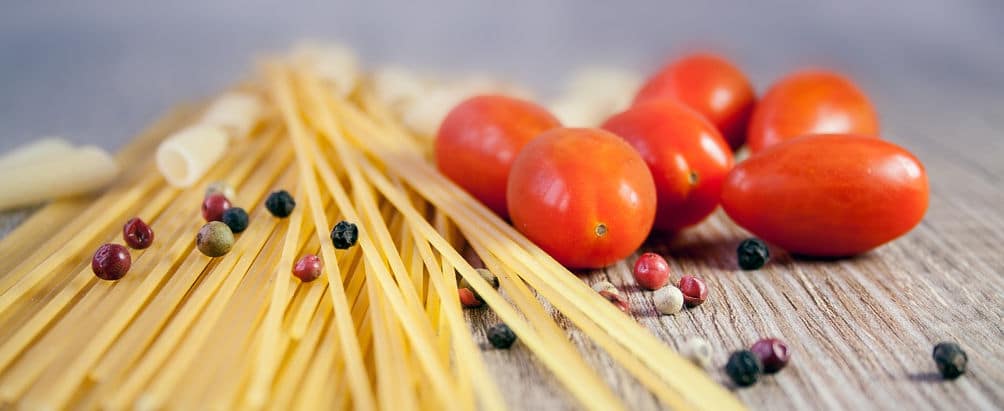
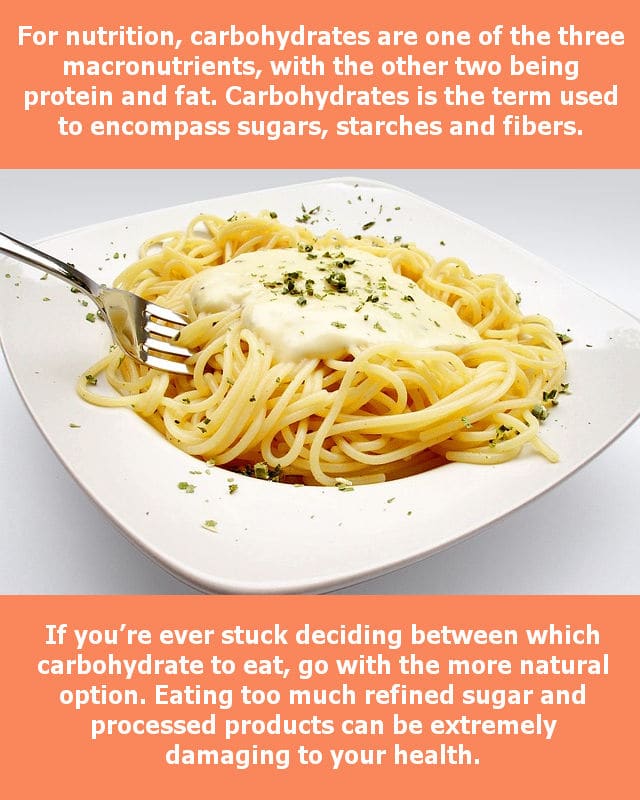
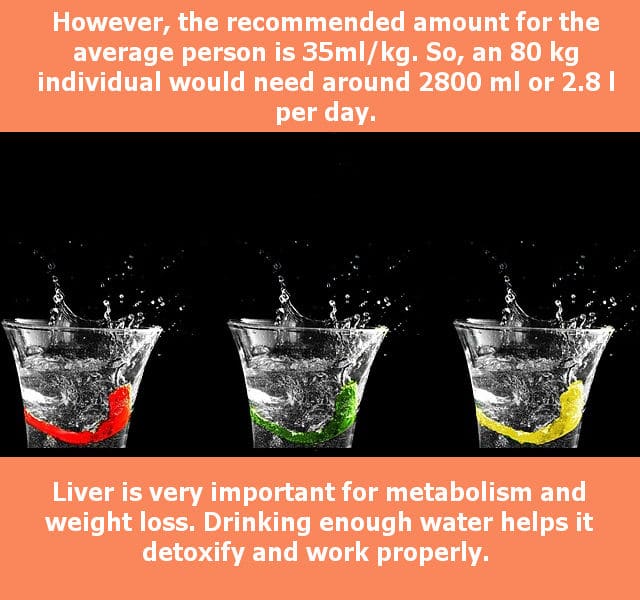
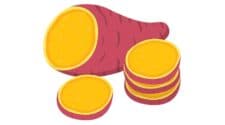
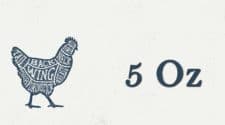
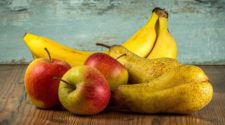
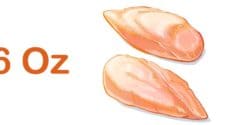
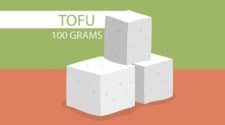
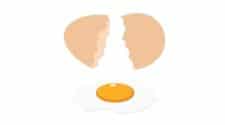
Leave a Reply